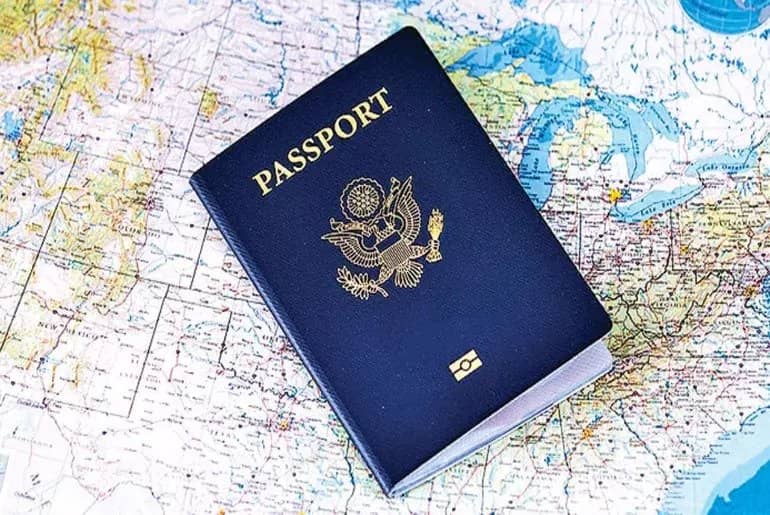Do you intend to relocate to the UAE in order to work or launch a business? The UAE consistently ranks as one of the best places in the world for ex-pats, due to its high standard of living and security. Here are some more advantages you can take advantage of if you decide to move to the UAE as a resident:
1. Open a bank account
The applicant’s Emirates ID is one of the essential documents needed by banks in the UAE for opening a savings or current account. If you live in the UAE, you can open an account quite easily as long as you meet the bank’s standards for minimum wage and other factors.
There are some restrictions that you would need to take into account if you wanted to request a non-resident bank account but did not have a UAE residence visa. For instance, the bank might only permit you to open a savings account, which means you might not have access to services like a chequebook. You might also have to meet higher minimum wage and balance restrictions.
2. Access financial facilities
As a resident, you will have access to financial services including applying for a mortgage, personal loan, or auto loan, in addition to conveniently opening a bank account.
3. Apply for a driving licence
Obtaining a driving licence is one of the most important life milestones for new residents in the UAE. You might be eligible to convert your present driver’s licence to a UAE driver’s licence depending on your nationality or place of residency. If not, you would have to apply at a driving school, receive lessons, and pass a test before receiving a licence.
4. Access government health services and health insurance
Depending on the emirate you’re in, health insurance is either required or not. Although in the Emirates, where health insurance is not required, it is still a good idea to get coverage because medical expenses can add significantly to your financial burden in times of crisis or for long-term conditions.
The ability to obtain a health card and use government health services at a discounted rate is one of the advantages of having a residency visa.
5. Register your children in government schools and in private schools
According to the official website of the UAE government, u.ae, foreign students have been able to enrol in public schools since 2001 with the payment of certain fees and approval, which is granted based on merit.
Yet, before choosing to enrol their children in public schools, ex-pats must take into account a number of issues. Outsiders, especially those who do not speak Arabic, should be aware that Arabic is the only language taught in public schools in the United Arab Emirates. Additionally, they adhere to the Emirati national curriculum, which MoE has authorised and is strictly regulated. Basic grammar and comprehension in English are taught as a second language in classrooms.
Expatriate students are charged tuition fees as per the applied regulations.
Private schools
When a child enrols in a private school in the UAE, one of the required documents is a parent’s Emirates ID card. If you want to know more about the admissions process you would need to follow, and other documents you must prepare in advance.
6. Work and invest
You will have several possibilities as a UAE resident for both job and investment. In reality, the UAE has just lately launched special categories of resident visas that give investors and some professionals possibilities for a long-term stay.
7. Travel visa-free to certain destinations
Did you know that if you are a resident of the UAE, you can obtain a visa on arrival in a number of countries? The immigration regulations, however, can differ significantly depending on your nationality, so it’s a good idea to check with the foreign embassies in the United Arab Emirates before you book your trip.
Also Read: If the passport expires in six months, can one renew their residence visa?
